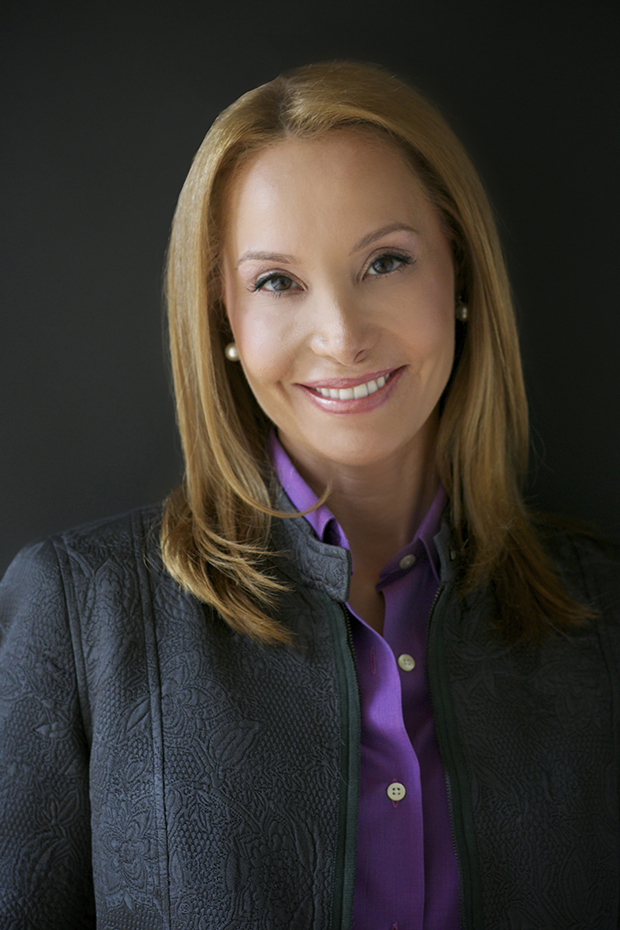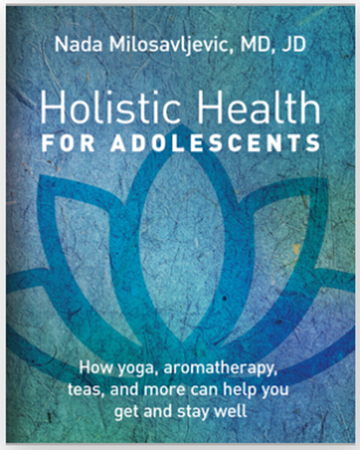The Global Tea Initiative Colloquium was hosted by the University of California, Davis on Jan. 13, 2022. Click here to see a video of the full day’s program.
This year’s topic is Tea and Beyond: Bridging Science and Culture, Time and Space. Tea Biz brings you a recap of the keynote address on “The Popularization of Food as Medicine and Its Impact on Tea” presented by Dr. Nada Milosavljevic. Nada Milosavljevic, a Harvard-trained physician and faculty member at Harvard Medical School. Dr. Milosavljevic is the founder of the integrative health program at Massachusetts General Hospital and worked for a decade as its director.
Dr. Nada’s passion for holistic, innovative wellness and preventative healthcare led her to found Sage Tonic, which produces teas and tisanes formulated from evidence-based clinical studies.
Listen to the interview

Tea, Herbs as Medicine: A Conversation with Dr. Nada
Dr. Nada Milosavljevic is a board-certified, Harvard-trained physician and a faculty member at Harvard Medical School. In addition to conventional medicine, she practices Integrative Medicine for cognitive and behavioral conditions. Nada has specialty certifications in Regenerative and Functional Medicine, Medical Acupuncture, Ayurvedic Medicine, and Chinese Herbs. Her training involves the use of evidence-based treatments that include: acupuncture, bio-identical hormone therapies, herbs, nutritional supplements, clinical-grade aromatherapy, as well as light and sound therapy.

Jessica Natale Woollard: Your keynote at the Global Tea Initiative colloquium on January 13 will address trends of seeing food—including tea—as medicine. Can you give the Tea Biz community a preview of what you’ll be covering in your talk?
Dr. Nada Milosavljevic: My topic is the popularization of food as medicine, but also looking at that through the lens of tea.
Everyone at one point has heard of the concept of food as medicine; it’s become quite popular. My talk will give some of the historical underpinnings that show the idea of food as medicine has been around for millennia in many different ways, from many different cultures.
Now with modern medicine, we’re really seeing some of the ways that food, and tea is no exception, can have certain health applications. I’ll be highlighting that information and further defining it, so people can appreciate where the field is going — because it’s growing, and it’s growing rapidly.
Jessica: The teas you sell through Sage Tonic are categorized by their benefits, for example, helping with relaxation, sleep, energy, and focus.
At what point in your medical profession did you discover the benefits of tea and begin to research the role tea plays in preventative healthcare?
Nada: That journey for me began almost 14 years ago. It was about 2007, and, in working with patients—they ranged from teens to young adults to adults—I realized that some of the medications that we use, which are beneficial and can save lives, have certain side effects. I found out that there were a number of natural compounds, tea being one, that can play a role as a preventive or as something that can be used as an adjunctive therapy and serve a healthful purpose.
That’s really where a lot of my research began, looking into not just tea, but other herbs as well, and the synergistic and additive effect they can have for optimal health. Certainly from a preventive standpoint, if someone wants to start using something even earlier, they can put themselves on a healthy trajectory.
Jessica: In the research, you’ve conducted into the benefits of tea, herbs, and spices, did any results surprise you?
Nada: Yes, they did in fact. There were a number of herbs and certainly a number of compounds that were not elucidated to me previously as to what their health benefits were. I saw they could play a role in human health; they could play a role in preventive health, and they could play a role for humans at many different chronological points throughout our lives.
An herb class, called adaptogens, is one of the things I’ll be talking about at the Global Tea Initiative Colloquium next week. It’s an herb class that can really play a role in anxiety and stress reduction. It can have a constitutionally normalizing effect on the body and even be helpful with focus and sleep, many of the things that many of us have faced in many different ways, given what we’ve all been dealing with the last, almost two years now, with the pandemic.
That herb class was something I was not as familiar with back then, and they do have a wonderful application for health.
What is exciting to me, and what was certainly exciting 14 years ago when I began this work, is to see research into health benefits grow. There are literally hundreds of compounds in teas, and even compounds that have yet to be fully researched and categorized.
I think there are a lot of other exciting things yet to come.
Hear more from Dr. Nada
You can hear more from Dr. Nada on the power of tea as medicine in her keynote address at the Global Tea Initiative Colloquium online. Click here to see a video of the full day’s program.
This interview has been edited and condensed.
Holistic Health for Adolescents
Stress. Fatigue. Depression. Sleeping problems. Issues with focus and concentration. Headaches. Substance abuse. These are all common problems that teenagers deal with. We have long been acquainted with the conventional treatments of therapy and prescription medications. It turns out there are also many complementary and alternative therapies available that have evidence-based track records of success. This book presents therapies based around the five senses—including acupressure, aromatherapy, yoga, sound/music therapy—to help teens with their mental health.
$21.95 | 288 pages | 2017 | Published by Norton Professional Books
Share this post with your colleagues.
Signup and receive Tea Biz weekly in your inbox.

Never miss an episode
Subscribe wherever you enjoy podcasts:




